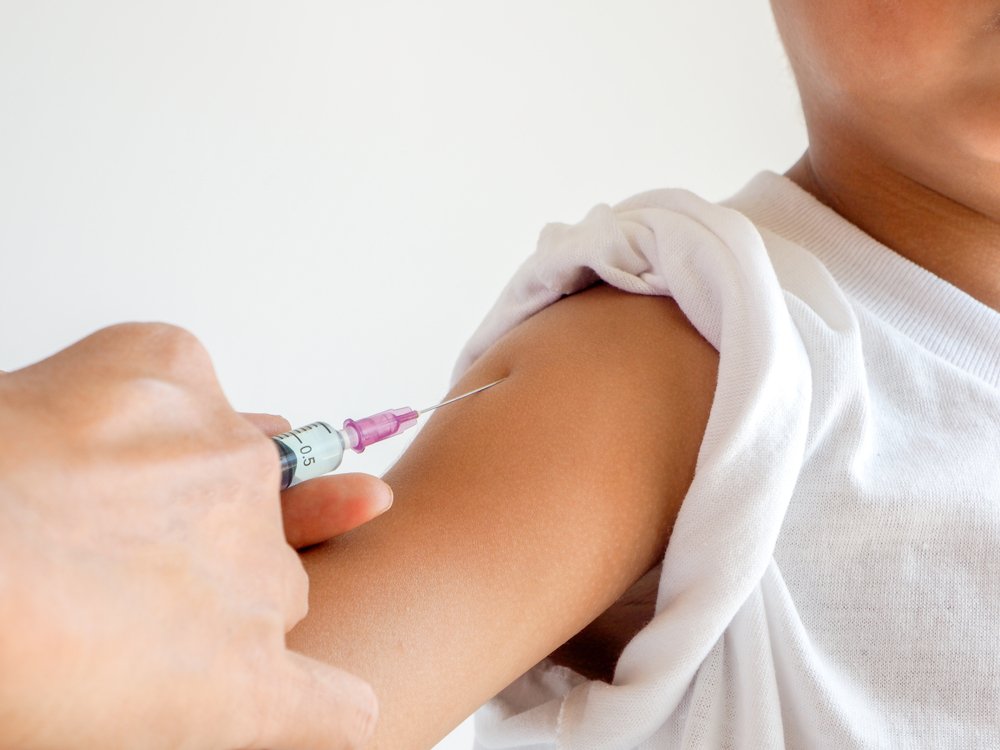TREATMENT
Everyone needs diphtheria vaccines throughout their lives. The four types of diphtheria vaccines are given throughout the life of an individual.
Infants and children (Birth to 6 years of age)
Doses of DTaP vaccine is given to young children as part of their routine vaccine schedule which is given at:
- 2 months
- 4 months
- 6 months
- 15 through 18 months
- 4 through 6 years
DT vaccine may be given instead if the child had a serious reaction to the whooping cough part of the DTaP vaccine.
Preteens and teens (7 through 18 years of age)
At age 11 or 12, the child should have 1 booster shot of Tdap vaccine as part of their routine vaccine schedule
Adults (19 years of age and older)
Adults should have 1 booster shot of Td vaccine every 10 years as part of their routine vaccine schedule.
Instead of Td booster, a Tdap booster is given instead of the person missed it in the teenage years
Pregnant women
During the third trimester of each pregnancy, 1 Tdap booster is given.
When not to get a diphtheria vaccine?
- A life-threatening allergic reaction to a dose
- Severe allergy and reactions to an ingredient of the vaccine


